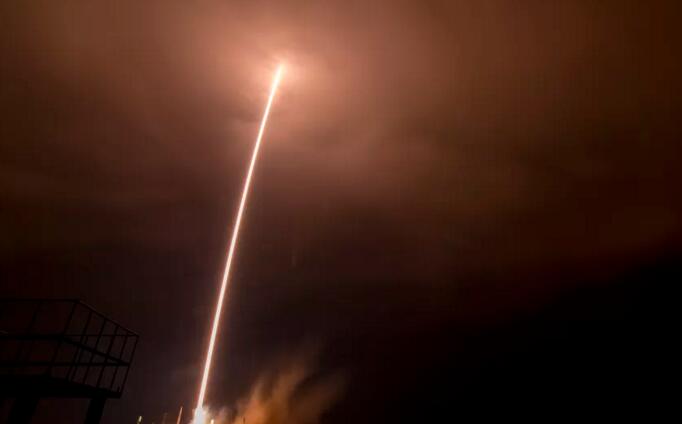China’s quantum satellite has produced the first successful result. Researchers at the Chinese Academy of Agricultural Sciences announced that they have successfully distributed photon entanglement between three different ground stations. The researchers said that the system "opens up new avenues for both practical quantum communications and the inability to access quantum optics experiments previously on the ground."
In theory, photon entanglement can keep in touch at any distance, but in practice, it is usually difficult to interrupt entanglement of sub-emitters. If the entanglement can be maintained, as a result, it is impossible to effectively intercept the communication channel. The simplest application is what cryptographers call quantum key distribution networks, which use networks to securely distribute long and complex encryption keys. Any attempt to intercept these keys is easy to detect because it is impossible to observe the photons of transit without changing them.

The first such network was established in 2003 between Harvard University, Boston University and private laboratories. Over the years, many companies have tried to establish more ambitious connections. Swiss company ID Quantique has developed a quantum network that will connect many of North America’s largest data centers; in China, a single team is now having 2000 km of quantum links between Beijing and Shanghai, which will rely on fiber-optic cross- satellite links. Greater distances, according to ID Quantique, indicate that a reliable satellite link can be connected in an existing fiber network into a single global quantum network.
Cleaning Robot,Smart Clean Robot,Smart Vacuum Cleaner,Robot Vacuum Cleaner
Yantai Xituo Intelligent Technology Co., LTD , https://www.xtznautomation.com